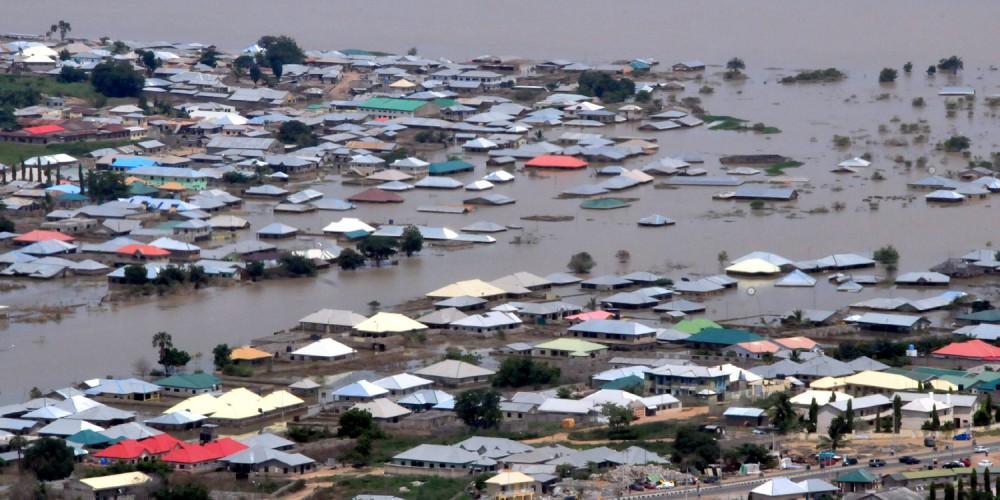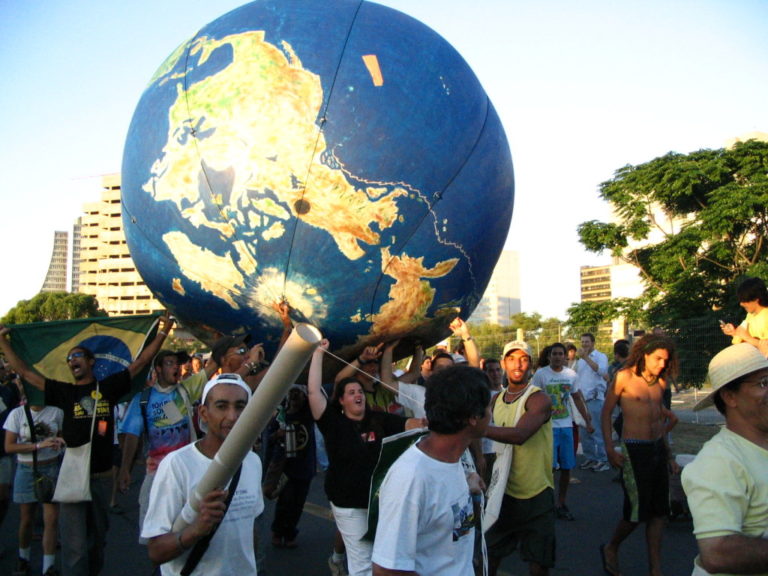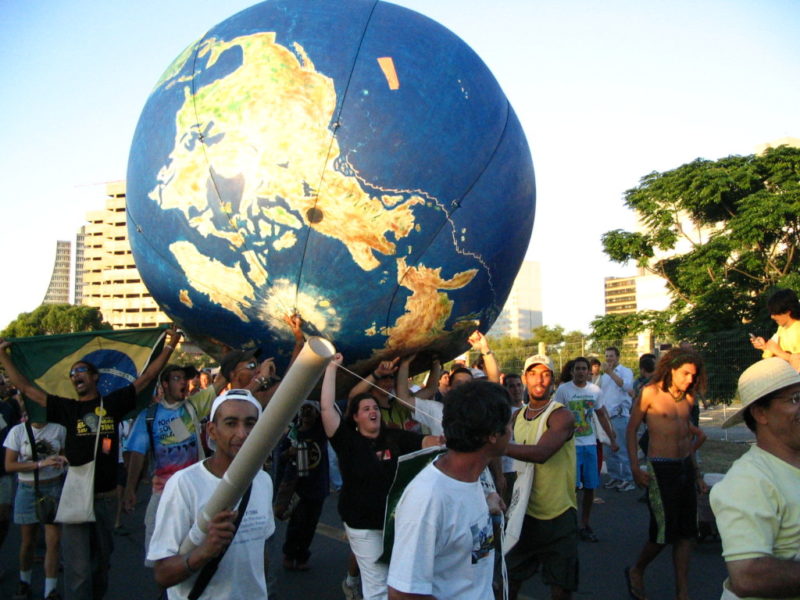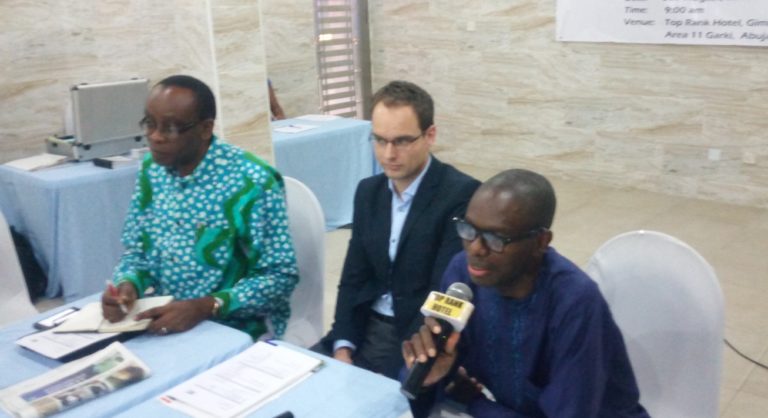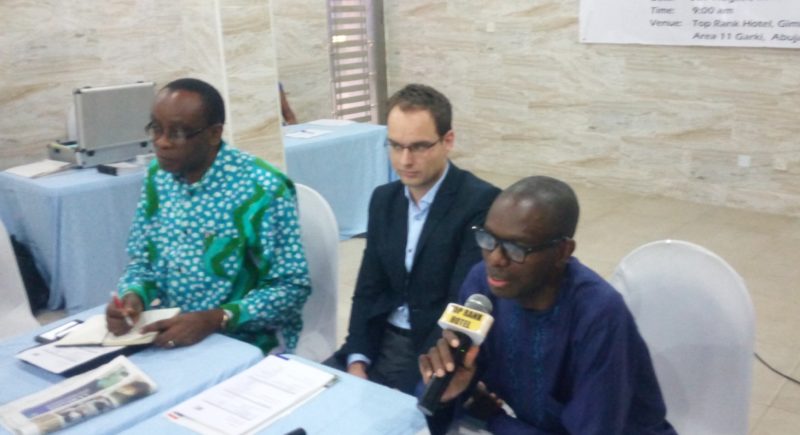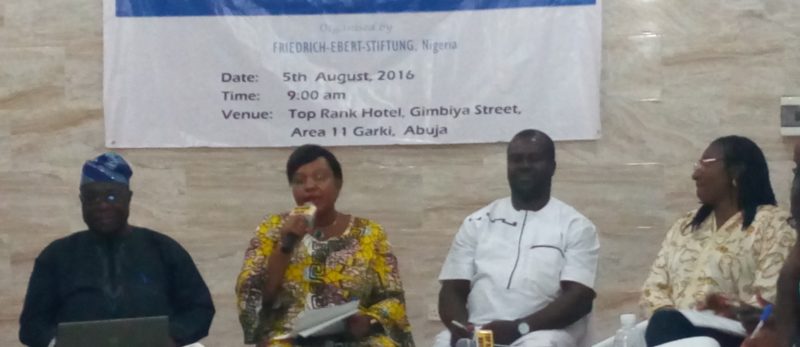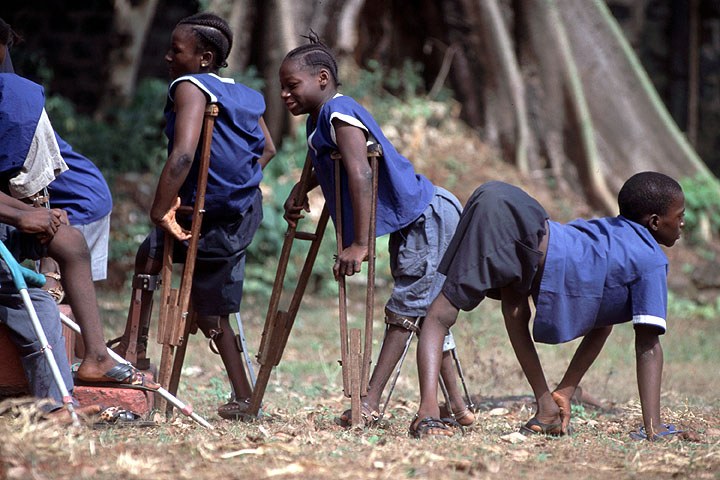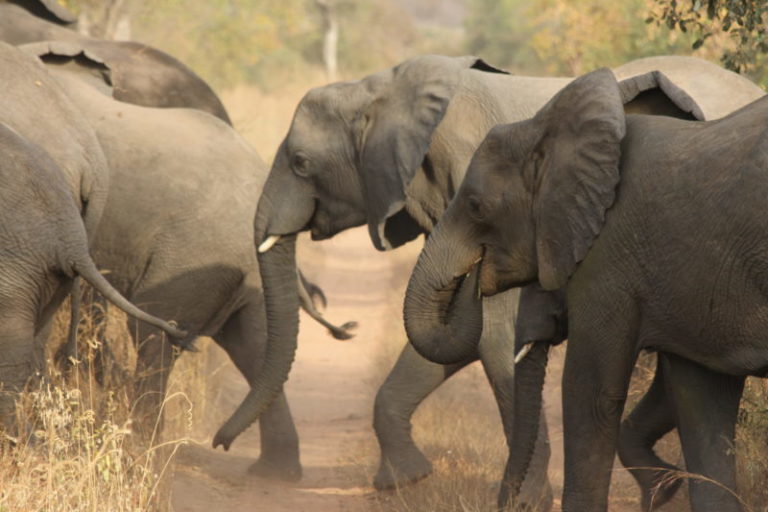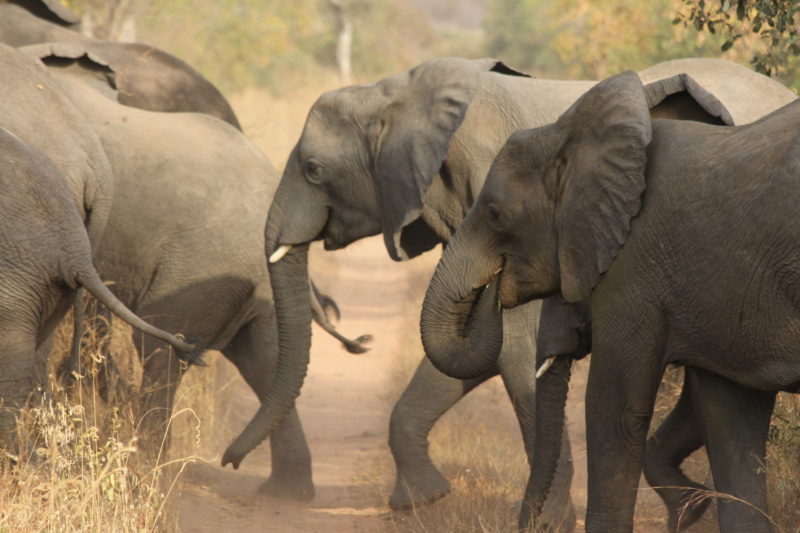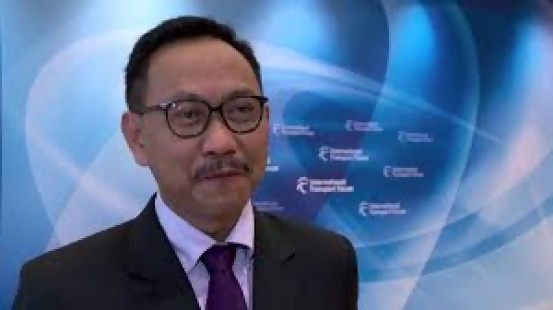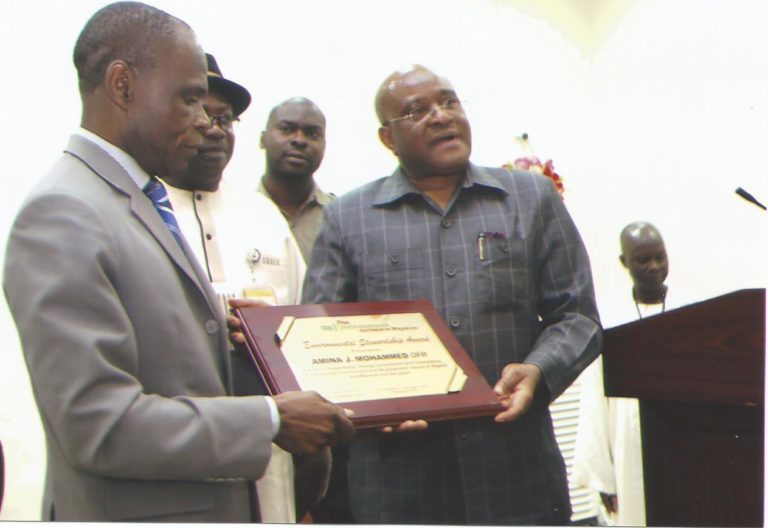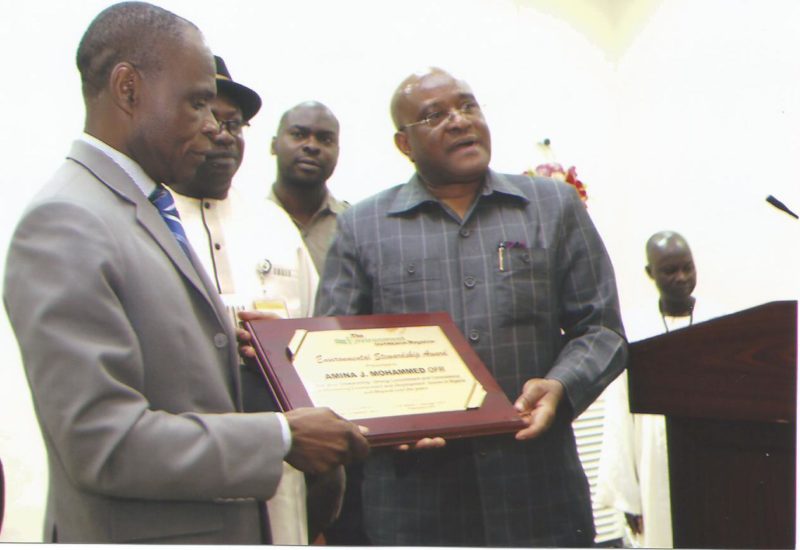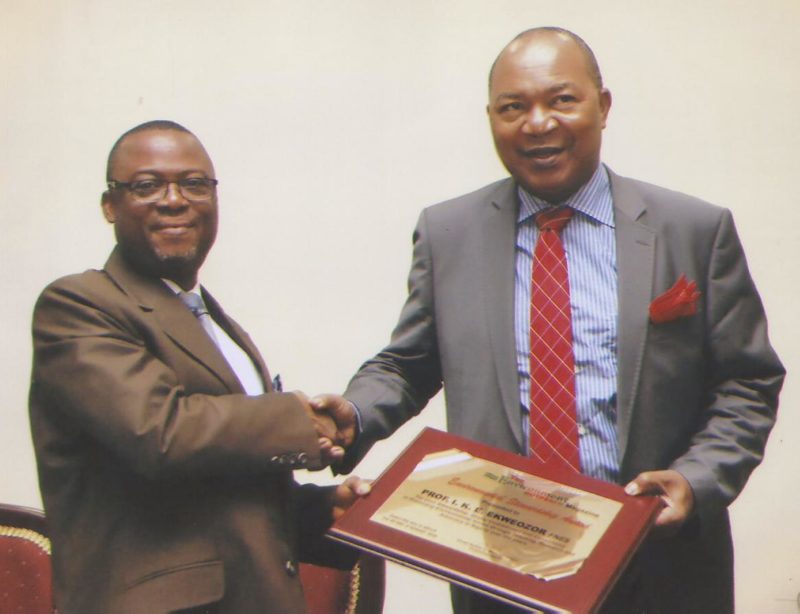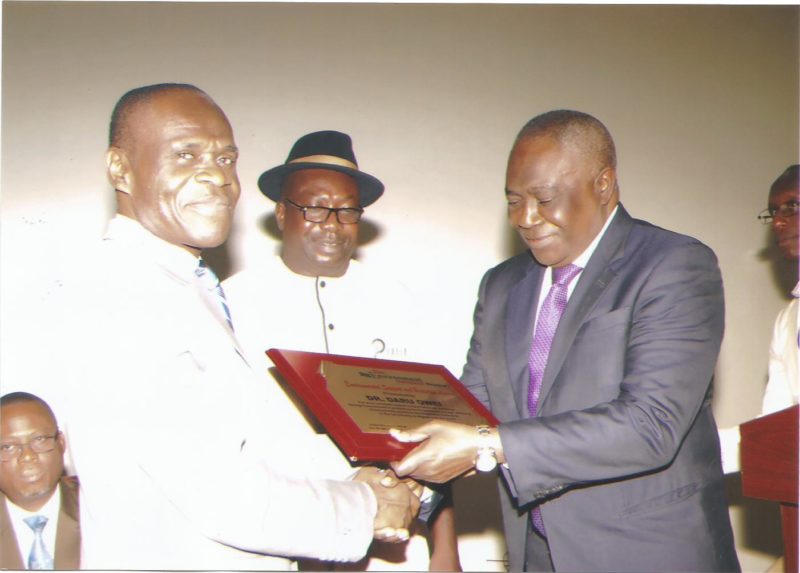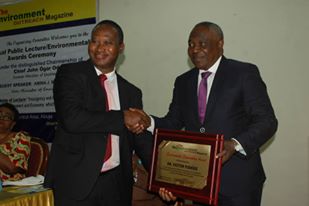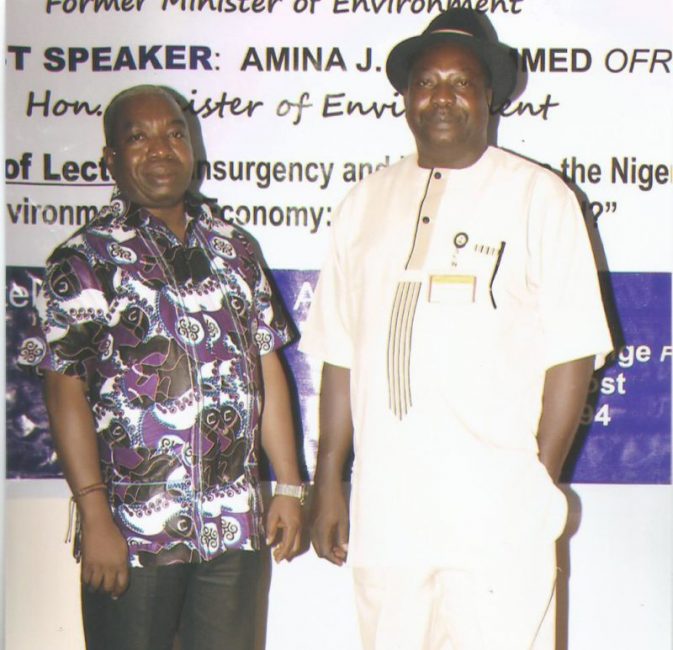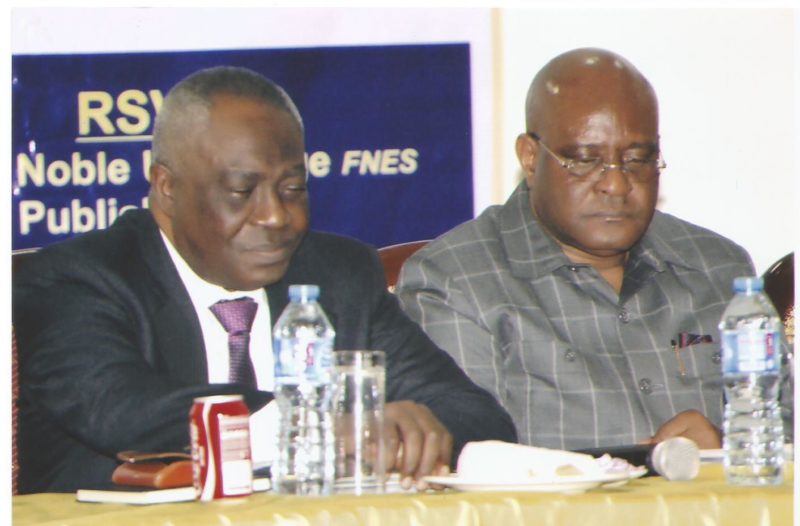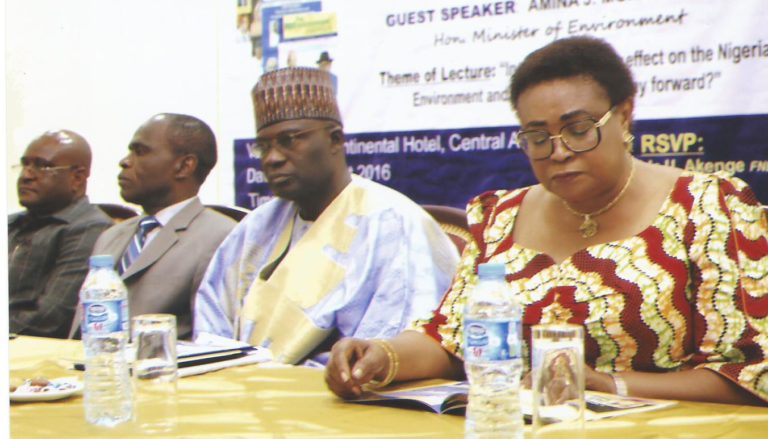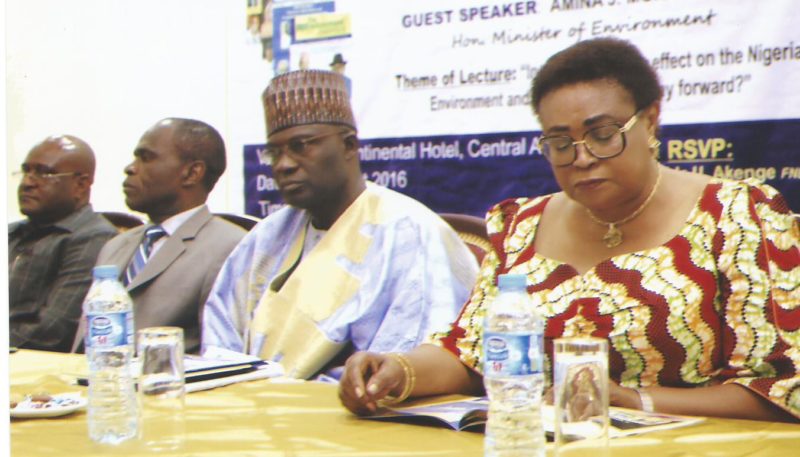The Abuja-Kaduna train service recorded N5 million income within the first two weeks of operation.
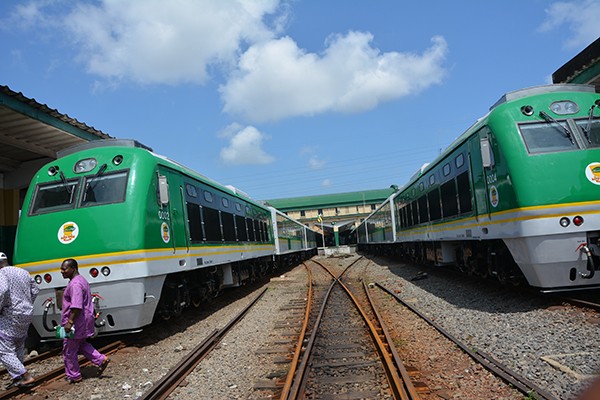
This was disclosed by Fidet Ikhiria, the Acting Managing Director of the Nigerian Railway Corporation (NRC).
Ikhiria made this known to the News Agency of Nigeria (NAN) while travelling on the train from Abuja to Kaduna on Saturday.
The Managing Director of NAN, Bayo Onanuga, and the Editor-in-Chief of NAN, Ado Lawal, were also on board.
NAN recalls that the $1.46 billion Abuja-Kaduna train service was inaugurated on July 26 by President Muhammadu Buhari.
Ikhiria said he did not have record of the daily income of the service.
He said: “In the first week of operation, we made N2.2 million; in the second week, we made N2.9 million.
“This is the third week of operation. The last week report showed that we had almost 5,000 passengers in six days. We have capacity for 320 passengers per trip.
“For now, the maximum we can carry per trip is 320. So, for a day, the maximum number of passengers we can have is 1000.”
Ikhiria said fencing of the tracks would commence before the end of August.
He acknowledged that there were some operational lapses on the route, adding that the management was working toward addressing them.
He said some of the staff had yet to get used to the seat numbering as it was different from what was obtainable in the previous trains.
According to the managing director, the coaches are overwhelmed by the number of people coming on board.
Okhiria said: “Some passengers with economy class tickets are coming to sit on the first class coach because the economy class is filled up.
“We are going to do more enlightenment on this at the station and communities levels.”
On the speed of the train, Okhiria said the parameter for speed was not the coach but track, which, according to him, was designed according to specification.
He said the train moved at 90 kilometres per hour from the initial 70 kilometres per hour but would get to 150 kilometres per hour in due course.
“The slow speed of the train is to avoid accidents as people living close to the tracks have yet to get used to the movement of train,” he explained.
Okhiria said efforts were being made to beef up security at the stations and on board the train.
He said: “By next week, our scanners will be in place. I am also discussing with the Nigerian Security and Civil Defence Corps to deploy more men.
“We have armed policemen on board and some security personnel without uniform.”
Okhiria added that efforts were also being made to install internet facilities in the train.
In an interview, Onanuga lauded the service and said Nigerians were beginning to enjoy train services the way they did in the 60s and the 70s.
Onanuga, who was in company with Ado, however, said NRC needed to do more work to improve on the train services.
He said: “Apparently, NRC underestimated the interest of our people in boarding train.
“They need to acquire more trains; they need to increase the capacity and increase the frequency of movement.
“They need to provide food and other services such as internet.
“It is a good one; we made it to Kaduna in two and half hours.”
Another passenger, Kayode Emmanuel, told NAN that the system of boarding the train was chaotic and disorganised.
Emmanuel said the management should know the number of passengers each coach contained and sell tickets accordingly to avoid crowded coaches.
On his part, Isa Yusuf, who was also on board, said he expected that passengers on the first-class coach would be given light refreshment.

